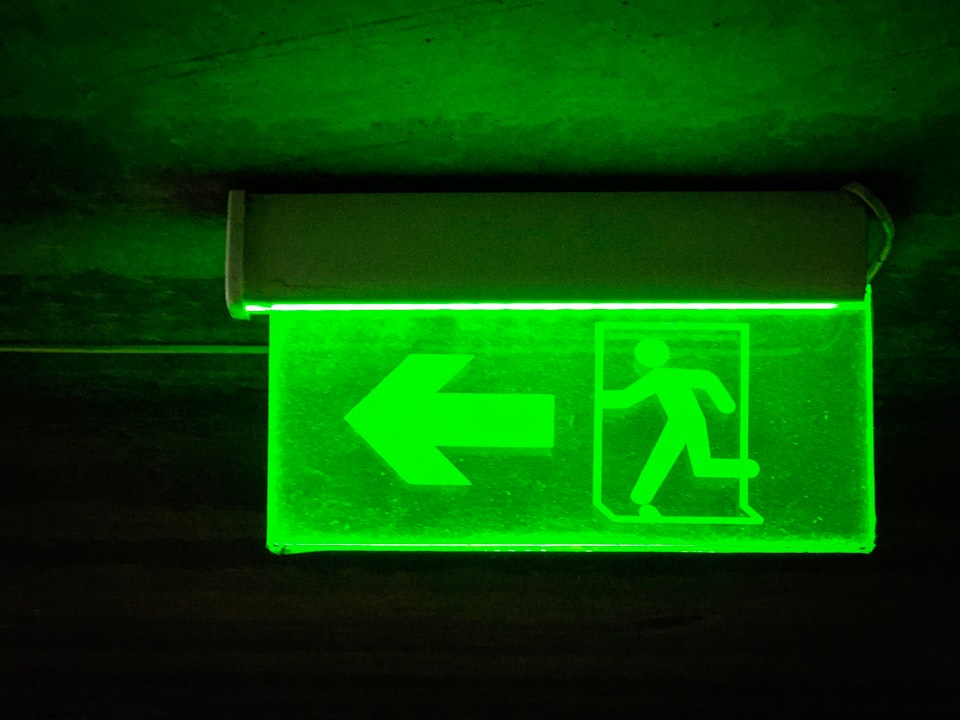California Supreme Court Throws Out the Waiver Rule!

The California Supreme Court's decision in Reid v. Google, Inc., jettisoned the waiver rule. Previously, if a trial court failed to rule on objections to summary judgment evidence, the objections were waived and not preserved for appeal. (Ann M. v. Pacific Plaza Shopping Center (1993) 6 Cal.4th 666, 670, fn. 1; Sharon P. v. Arman, Ltd. (1999) 21 Cal.4th 1181, 1186-1187, fn. 1.) The waiver rule created tension between overworked judges that are often bombarded with objections to summary judgment evidence, and trial attorneys who were required to request rulings on the objections at least twice at the summary judgment hearing to avoid waiving them. The waiver rule also presented problems for Courts of Appeal: some applied the waiver rule; while others considered evidentiary objections despite the lack of trial court rulings. In Reid, the California Supreme Court disapproved of Ann M and Sharon P, so the waiver rule and the tension it created are behind us.
Now, things are simple for all concerned. To preserve objections for appeal, litigants must simply object to specific evidence in writing before or orally at the summary judgment hearing. See Cal. Rules of Court, Rule 3.1352. If the trial court fails to rule on the objections, then "it is presumed that the objections have been overruled, the trial court considered the evidence in ruling on the merits of the summary judgment motion, and the objections are preserved on appeal."
The Supreme Court also disapproved of Biljac Associates v. First Interstate Bank (1990) 218 Cal.App.3d 1410, 1419 to the extent that it permits a trial court to avoid ruling on evidentiary objections, and encouraged attorneys to limit their evidentiary objections to those that "really count."





